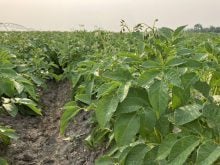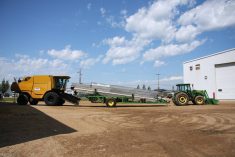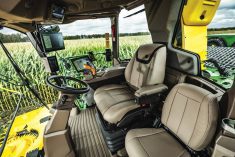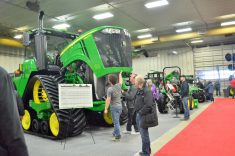Wade Barnes has met his share of big data and precision agriculture skeptics.

One large Saskatchewan farmer bluntly told Barnes, co-founder and CEO of Farmers Edge, his farm needed another agronomist “because I didn’t spray my lentils on time,” not a data program.
The farmer didn’t spray on time because he was waiting for his neighbours to spray first. The neighbours were probably waiting for him, Barnes said.
“If one alpha farmer is making that mistake, multiple people are making that mistake,” he said.
As an agronomist Barnes, used to think models, including those used to make fertilizer recommendations, didn’t work. The problem wasn’t the models, it was the data going into them.
- More on Country Guide: Wade Barnes’ new playbook
Read Also
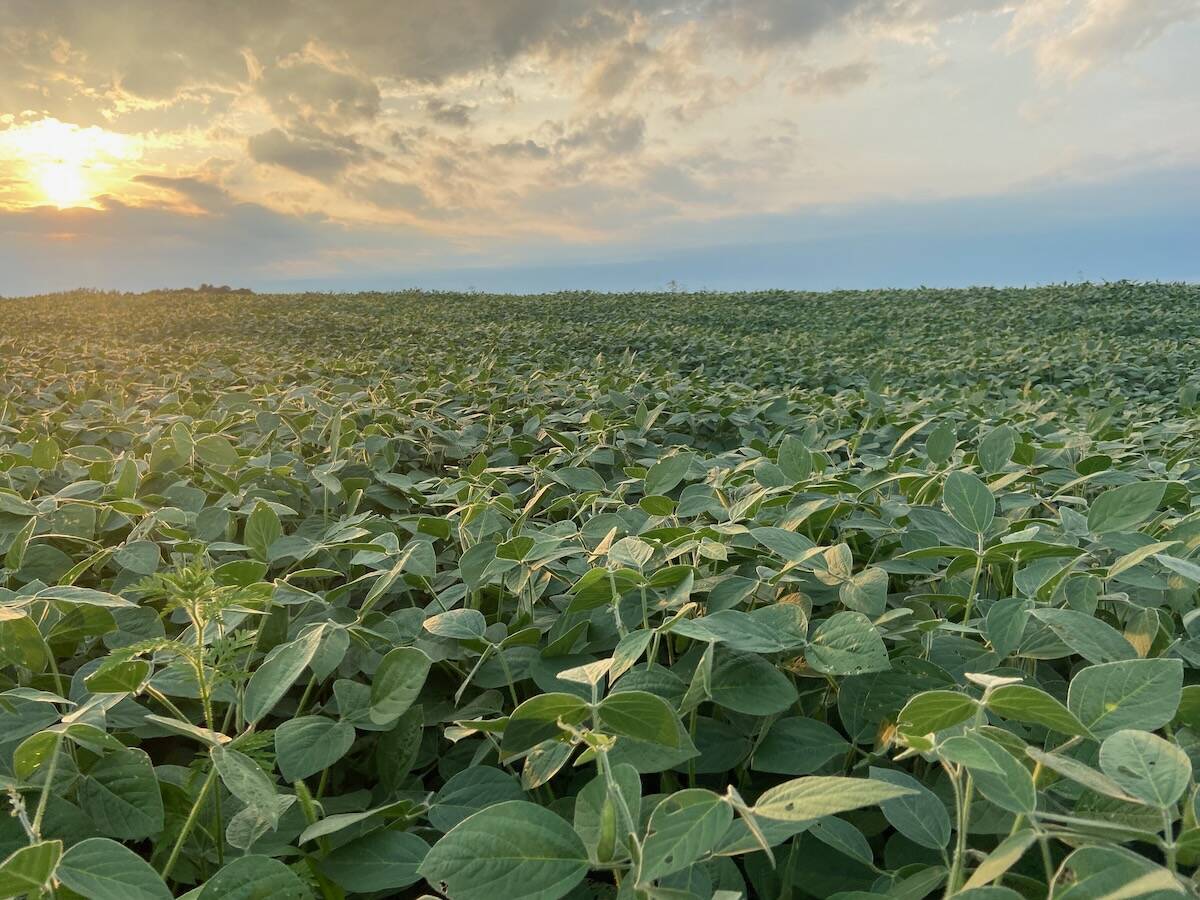
Weed resistance closes in on glufosinate
Expanded soybean acres and tighter application windows have eroded buffers that have so far protected Liberty herbicide on Prairie farms
“Good data going into a computer model works,” he said.
There’s lots of talk about arable land being finite, but Barnes has a different take.
“I’ve been all over the world,” he said. “The one key thing I have learned is there’s a fantasy that we’re running out of farmland and we won’t be able to feed the world because we don’t have enough farmland.”
Farms are getting bigger and harder to run and yields aren’t increasing as fast as they once were, but data science can help, Barnes said.
Meanwhile, there’s a massive productivity gap on millions of acres of farmland in places such as Russia and Poland, he said.



